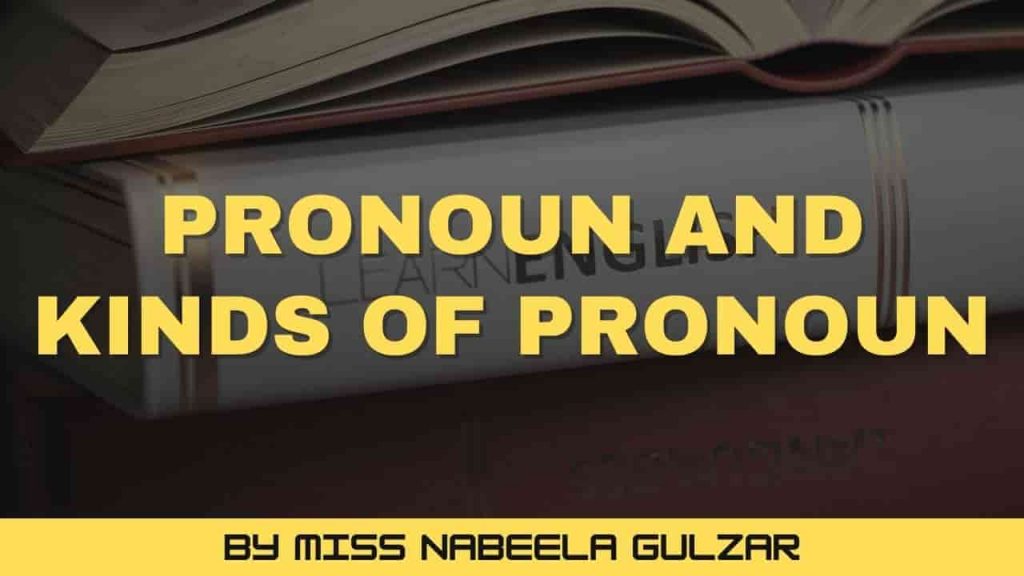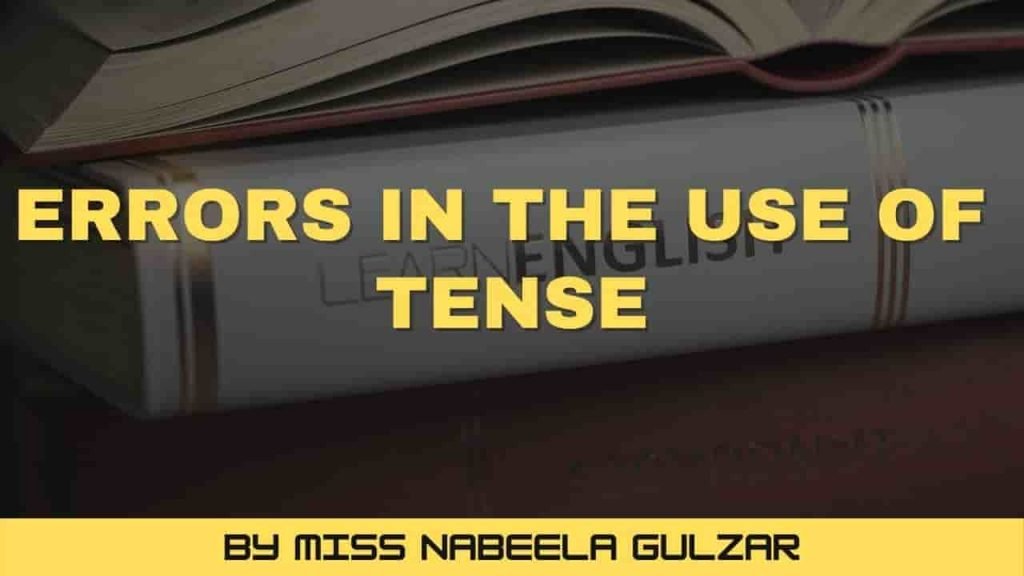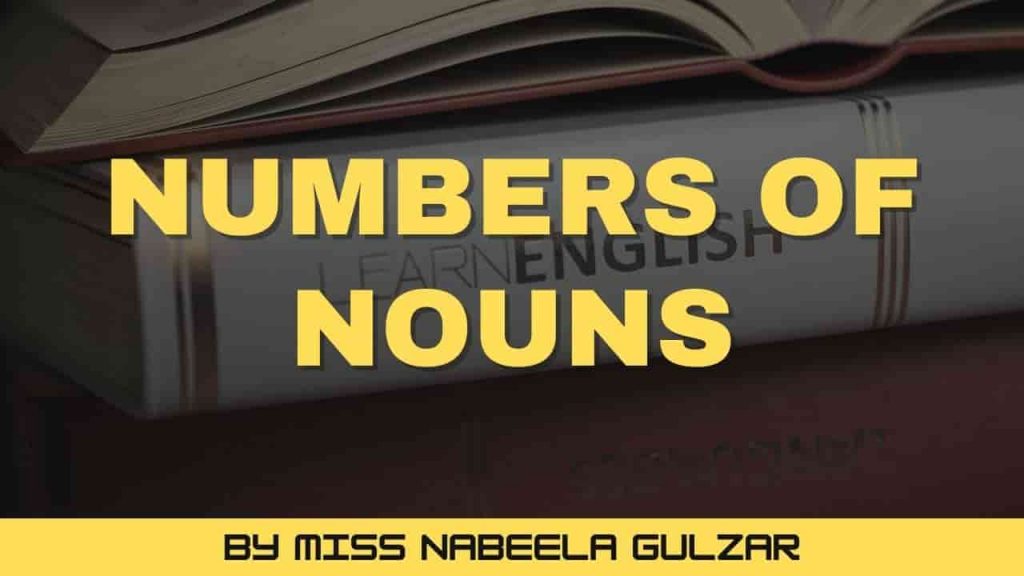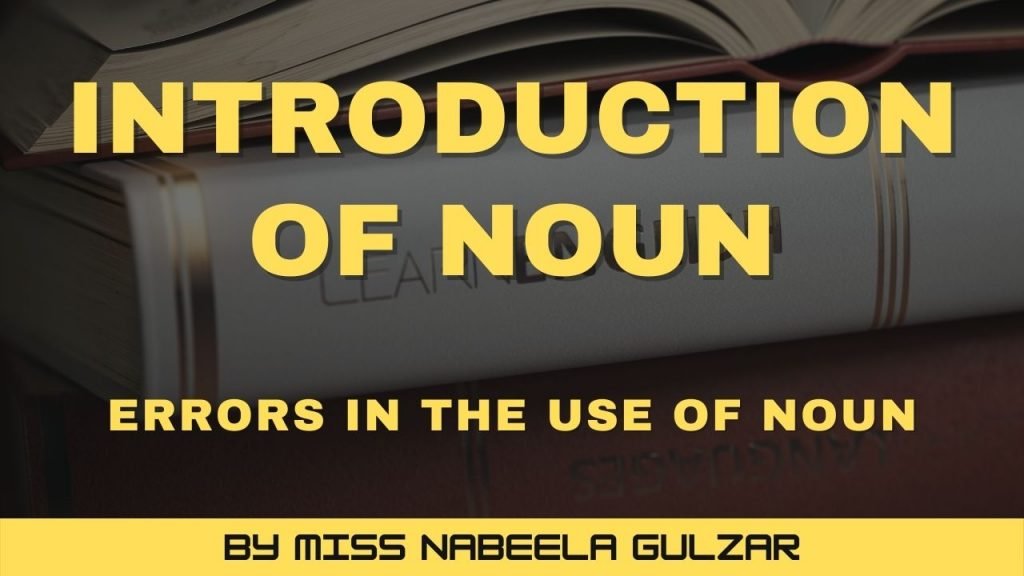Kinds of Phrases
Introduction:
The Phrase:
Def: A phrase is a group of words which does not include a finite verb and makes incomplete sense. Such as,
- In the room
- A sad story
- At the railway station
- A girl of long hair
All the above examples do not give an accurate meaning unless they are included in the sentences. Such as
- My mother is sitting in the room.
- You told me a sad story.
- Ali is waiting for me at the railway station.
- Sara is a gill of long hair.
Kinds of Phrases:
There are Ten kinds of phrases:
- Noun Phrase
- Adjective Phrase
- Adverb Phrase
- Prepositional Phrase
- Participle Phrase
- Gerund phrase
- Infinitive phrase
- Absolute Phrase
- Parenthetical Phrase
- Appositive Phrase
1. Noun Phrase
A “Noun phrase” is a group of words which does the work of a noun. It may be a subject or object of a verb.
Examples:
- We hope to win the first prize.
- Do you enjoy reading this book?
- Ali was visited by all kith and kin.
- I wish to go into business.
(first prize, reading this book, kith, and kin, into business, are all noun phrases)
2. Adjective Phrase
An ‘Adjective Phrase’ is the group of words which does the work of an adjective.
Examples:
- He is wearing a shirt of pink colour.
- I like to see a tree with snow on it.
- A market without any buyer is useless.
- Life is not a bed of roses.
(a shirt of pink colour, a face with a smile on it, a market without a buyer, and a bed of roses are all adjective phrases)
3. Adverb Phrase
‘Adverb phrase’ is a group of words which does the work of an adverb.
Examples:
- Ali ran at great speed.
- You do your work without any care.
- She answered in a very rude manner.
- Nothing can live on the moon.
(at great speed, without any care, a very rude manner and on the moon are all adverb phrases)
4. Prepositional Phrase
‘Prepositional Phrase’ is that group of words which consists of a preposition and noun phrase.
Example:
- There is a garden in front of my school.
- I shall act according to my plane.
- Call me immediately in case of any emergency.
- Shahid is at home in Mathematics.
(in front of my school, to my plane, immediately in case of and at home in, are modifying prepositional phrase )
5. Participle Phrase
‘Participle Phrase’ is dressed up like a verb, but it functions as an adjective to describe nouns. It begins with a present participle or past participle and often includes, object or modifier to complete the thought. Participle Phrase always functions as an adjective, adding a description to the sentence.
Examples:
- Shrunk in the dryer, the jeans hung above your ankles. (begin with past participle)
- Driven crazy by grandma’s endless questions’ zain went out. (begin with past participle)
- The table made of steel is too expensive. (begin with past participle)
- I received a letter, mentioning about my exams. (begin with present participle)
6. Gerund Phrase
A gerund phrase is a present participle which has the function of a noun. It can be used as the subject or as the direct object of a sentence.
Examples:
- Playing cricket is good for your health. (as subject)
- He hates telling a lie. (as direct object)
7. Infinitive Phrase
An infinitive phrase(to + 1st form of verb) always works like an adverb, an adjective, or a noun in the sentence.
Examples:
- The police don’t want to take action for criminals.
- I called my friends to participate in my wedding ceremoney.
8. Absolute Phrase
‘Absolute Phrase’ refers to the interdependent group of words which has separate subjects but it hasn’t any finite verb.
Examples:
- It being a holiday, I went to see my friends.. (as it has a finite verb being)
- The rain had stopped, so we enjoyed boating.
- It being a hot day, we could not work. (as it has a finite verb being)
- The moon having risen, the darkness lightened in our way.
9. Parenthetical Phrase
“Parenthetical phrase” is the one that can be removed from a sentence without the sentence losing its basic meaning. It is not essential to the framing of sentences and usually occurs at the end of the beginning of a sentence as its addition segment.
Examples:
- I bought ice cream last night. (and it was really good!)
- (while I was on vacation) I had foreign tour.
10. Appositive Phrase
When we join two sentences with the help of ‘Defining Clause’ it becomes a phrase in apposition. It usually occurs in the middle or at the end of a sentence.
Examples:
- Mr. Asif Saeed, the manager, is a kind person.
- Tahir, my best friend, works here.
- Karachi, the biggest of Pakistan, is a city of lights.
- Tony, my faithful pet, died a year ago.
Hopefully, your concept about Kinds of Phrases is clear now, This lecture is part of the whole series of English Grammar by Miss Nabila Gulzar, For Other Lectures Click Here also We have an Essay on every topic, Check the complete list here. If you are Studying in Matric Free Video Lectures of Maths, Physics and English are here, and we have got you covered for I.COM Business Maths also.







